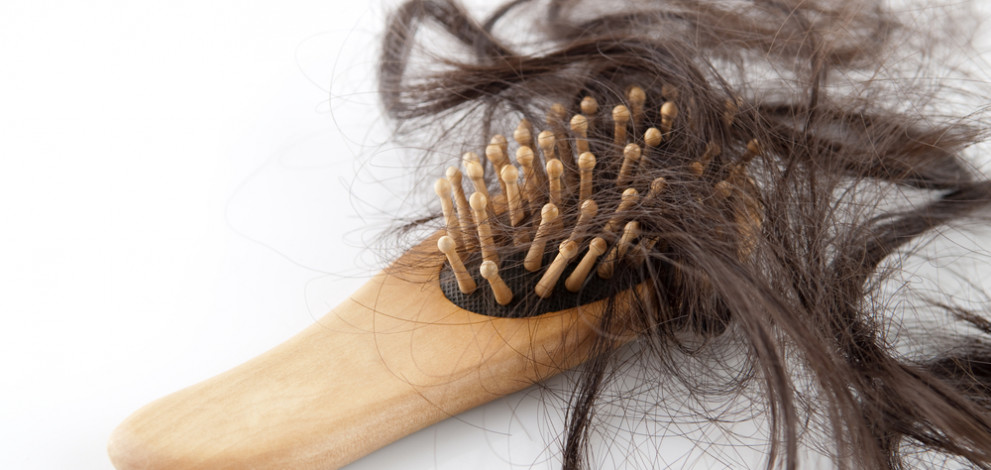Hair Care Tips: You can maintain healthy, happy hair all summer by including these nutrients in your diet.
The summer season is all about a more relaxed, unforced appearance for your hair. Find out how to shield your hair from the sun, heat, and humidity without making it a never-ending struggle. Did you know that hair loss can be caused by a variety of elements, including lifestyle choices, diet, stress, and hormonal changes? If the cause of hair loss is not medical or genetic, you can give your hair the inherent strength it needs to control hair fall. Your hair will be healthy from the bottom up and stay that way if you eat a diet rich in nutrients. Some nutrients can be beneficial for improving the condition of our hair.
Biotin: Biotin, generally referred to as the B vitamin, is one of the greatest vitamins for hair. When you don’t have enough biotin, your body can’t make enough red blood cells, which results in less oxygen getting to your scalp. You experience hair loss as a result of your scalp not being properly nourished.
Iron: Iron is essential for the growth of healthy hair. With the help of iron, red blood cells transport oxygen throughout the body to support metabolism, encourage development, and aid in repair. Spinach is a good source of iron. In addition, hair loss has been linked to iron deficiency.
Omega 3: A study found that taking a supplement including antioxidants, omega-3 and omega-6 fatty acids, and other nutrients increased hair density and reduced hair loss. Fatty fish are a great source of omega-3 fatty acids, which have been linked in several studies to the formation of hair.
Vitamin A: Studies show that vitamin A is essential for hair growth. But excessive vitamin A consumption can cause hair loss. You should be able to get all the vitamin A you need by eating meals that are abundant in this essential component.
Vitamin C: Your hair strands can be strengthened by collagen, and vitamin C can help you produce more of it. It also functions as a strong antioxidant, protecting hair strands from oxidative harm. Oxidative stress happens when the body’s antioxidant defence system is overwhelmed by free radicals. It has been linked to greying and hair loss.
Vitamin D: Alopecia can also be brought on by a vitamin D deficiency. Female pattern hair loss is a common term used to describe it. A study found that vitamin D receptors help to generate new hair follicles, which in turn stimulate the formation of new hair strands. The bald patch consequently begins to sprout hair once more.
Vitamin E: Vitamin E promotes both strength and hair development. Hair loss has been linked to fatty acid deficiency, and vitamin E is an excellent source of this fatty acid. Avocados are fantastic providers of vitamin E.
It’s crucial to maintain a healthy hair care regimen throughout this time, which should include frequent washing and conditioning as well as staying away from harsh chemicals and heat styling equipment. A well-balanced diet rich in vitamins and minerals can also support the growth of healthy hair.


